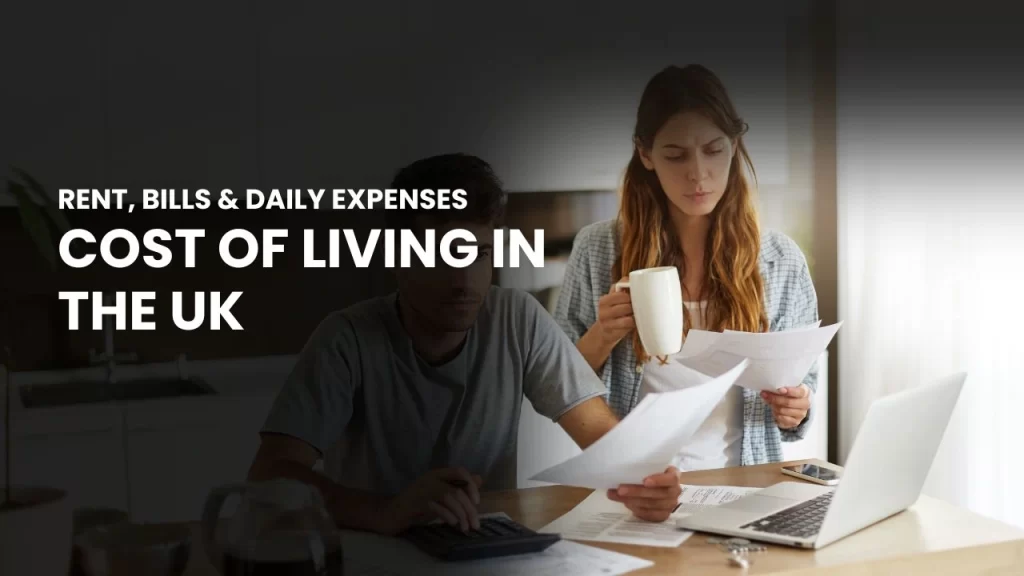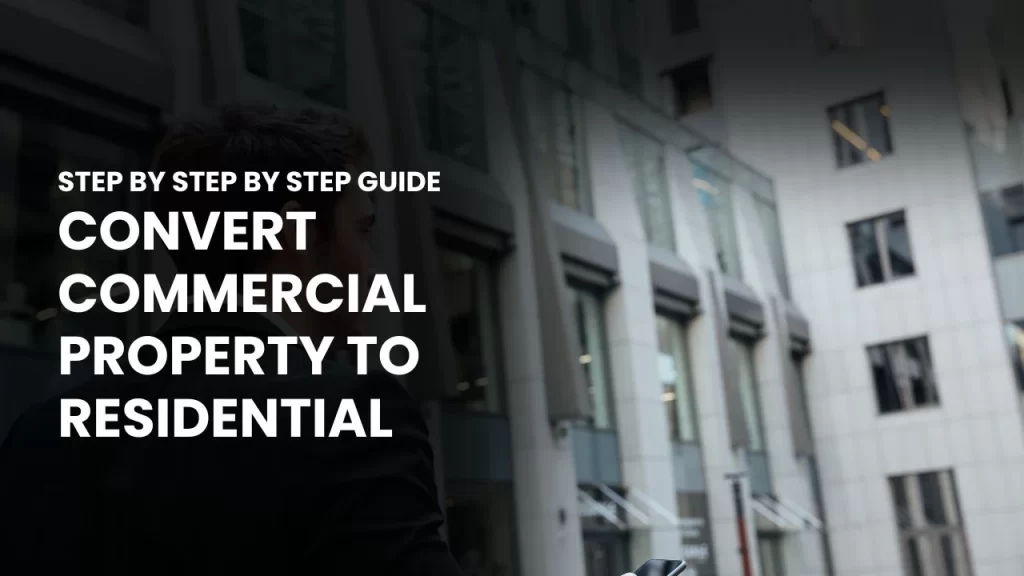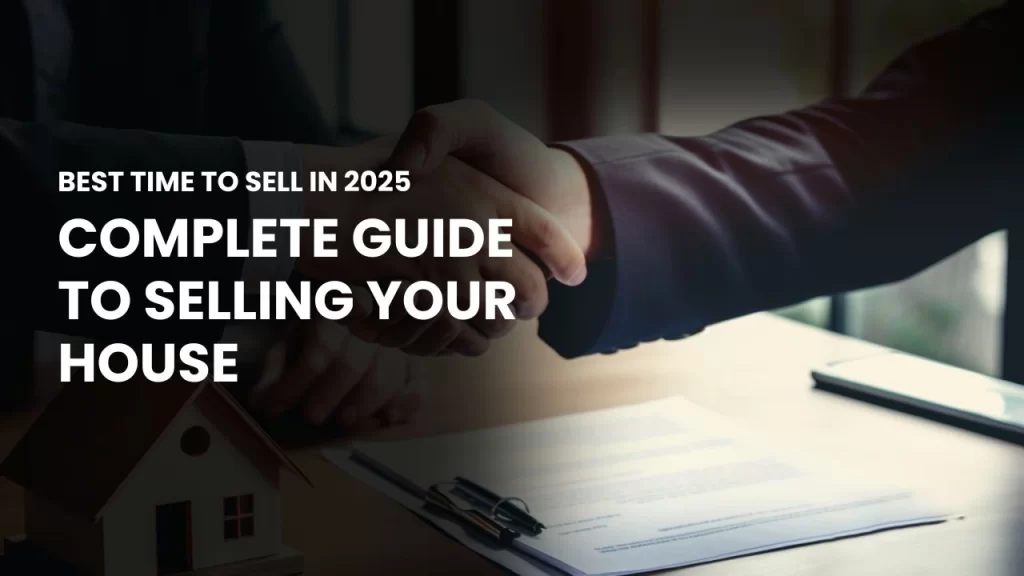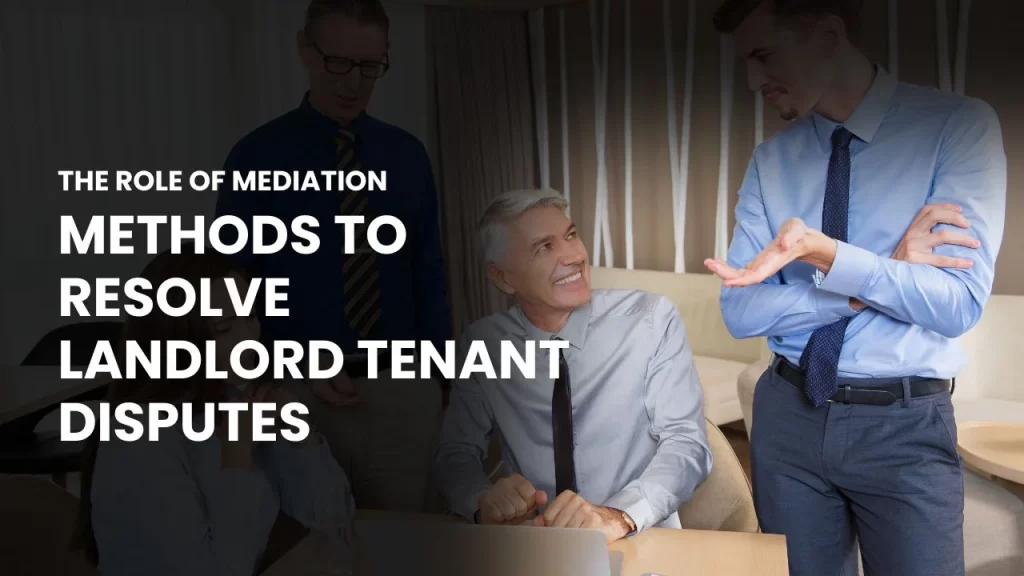Costs and benefits of buying Freehold Vs Leasehold Property in the UK
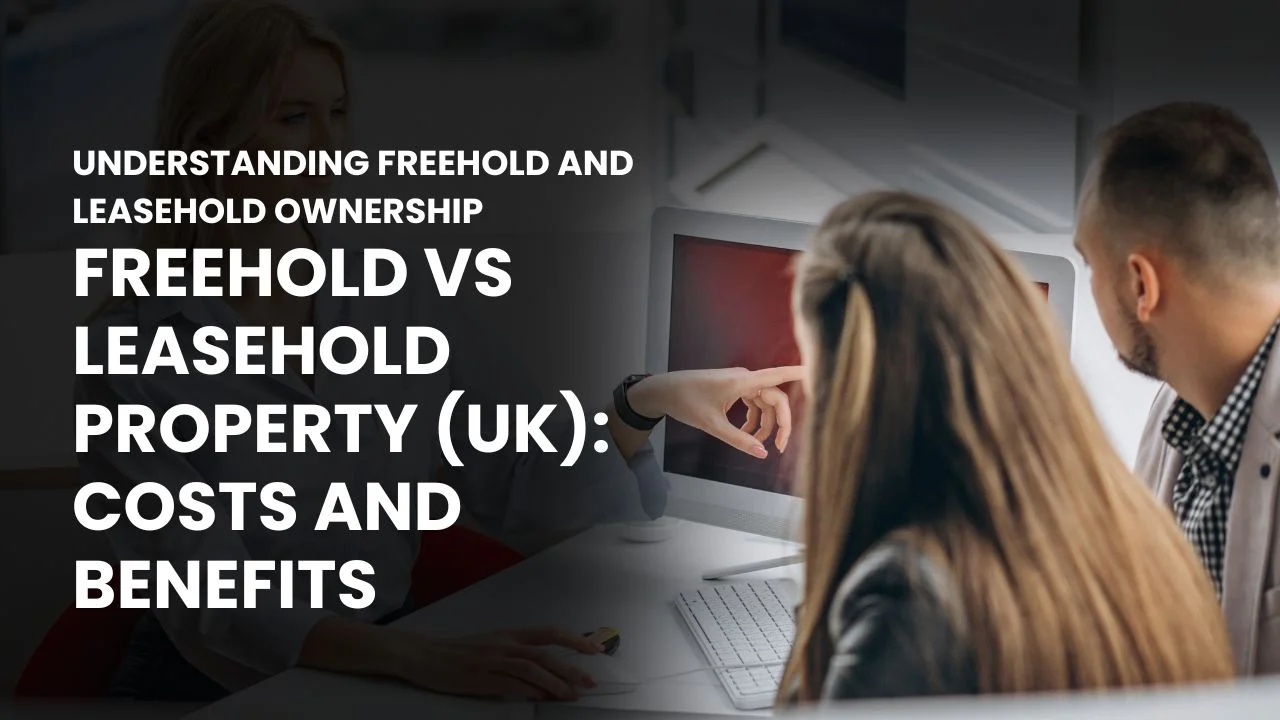
Are you a first-time buyer and want to buy a home in the uk but are still confused between the freehold and leasehold property? This is a common confusion that every buyer faces when owning the property, but you don’t need to worry about that at all. At the Estate Agent Ilford, you will learn the difference between Freehold Vs Leasehold Property and the benefits and costs of these two home ownership terms.
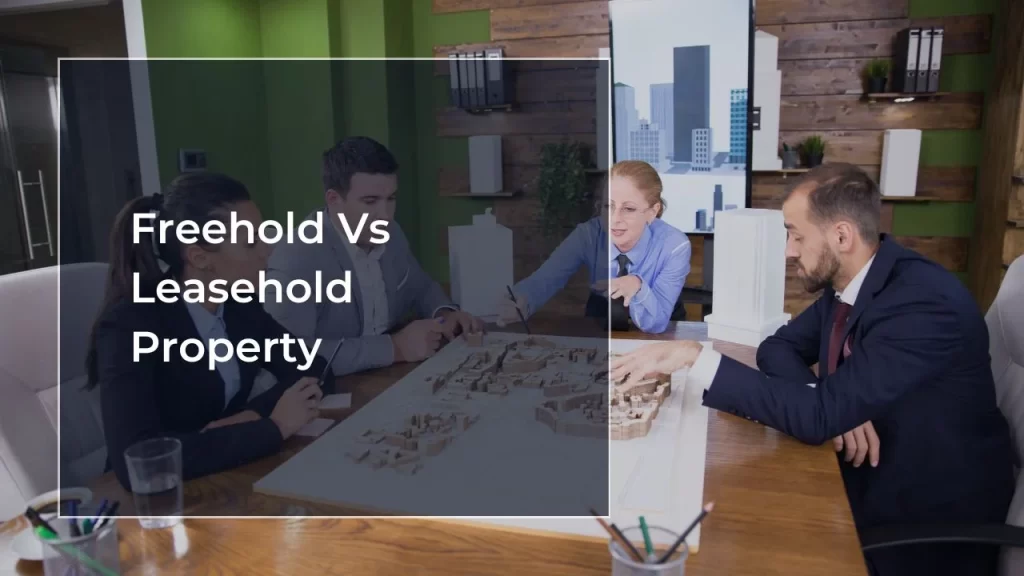
Freehold Vs Leasehold Property
These are the two types of home ownership properties. Now, we will discuss the difference between a freehold and a leasehold.
What is freehold property?
The means of freehold property is that you can own the property and the land on which it is built without a time limit. You don’t need to pay tax, service charges, or ground rent, and can also repair the property and make changes as you want.
What is leasehold property?
The leasehold property means that you can own the property for a limited time limit but not the land on which it is built. You pay tax, service charges, and rent, and are also responsible for the damages to the property in which you live.
Advantages and Disadvantages of Buying a Freehold Property
By understanding the advantages and disadvantages, you can choose the best property that is suitable for you.
Advantages of buying a freehold property
- You won’t pay the service charges, ground rent, taxes, admin fee, etc.
- You do not need to discuss the changes and improvements in the property, like instructions for building or repairing, or having pet animals.
- You have complete home ownership, like on land and building, without a time limit.
- You don’t need to keep an eye on the increasing lease agreement and time-out.
Disadvantages of Freehold Property
- Freehold property can be expensive due to owning property and land as well.
- This provides houses; if you’re finding flats, then it will limit your choice.
- You are responsible for the maintenance and Property insurance as well.
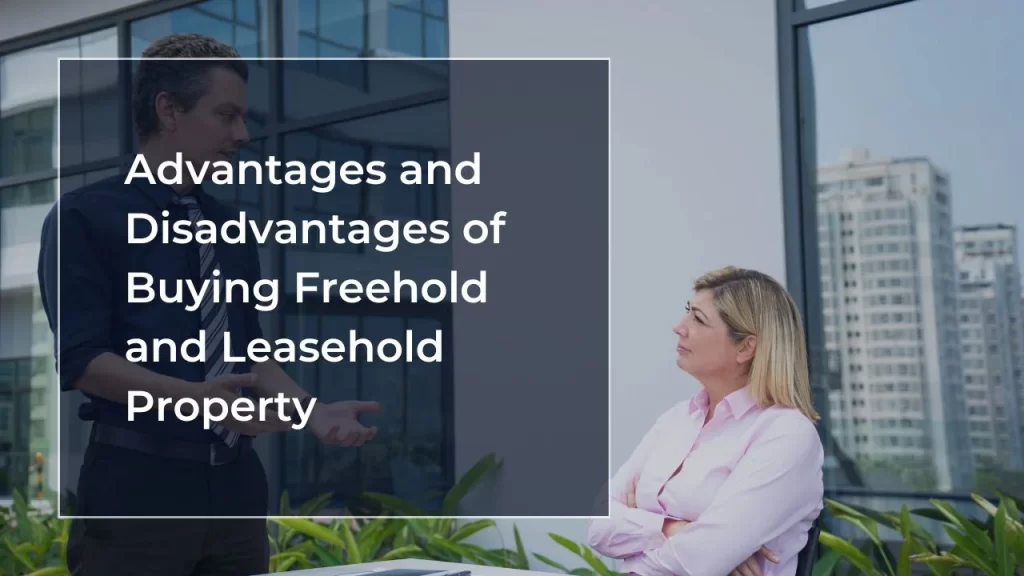
Advantages and Disadvantages of Buying a Leasehold Property
Here are the benefits and drawbacks of owning a leasehold property that would be helpful for you as a first-time buyer.
Advantages of Leasehold Property
- It is less expensive than freehold property because risks are involved in freehold property.
- The leaseholder can’t manage the property insurance and maintenance.
- The cost of property damage is the landlord’s responsibility, not you.
Disadvantages of Leasehold Property
- The leaseholder has no ownership of the property; they take the property from the freeholders.
- You will have to pay rental and service charges, and tax as well.
- You need to keep an eye on the lease increasing; otherwise, your property will be repossessed.
- Many times, you don’t have permission to keep the pet in a leasehold property.
- You can’t do business from your own home.
Final Thoughts
At the end, you can buy the property and understand the ownership of homes or flats by the comparison of with the Freehold Vs Leasehold Property from Estate Agent Aillford. This is beneficial for you to choose the best option by learning the advantages and disadvantages of freehold and leasehold property.
Frequently Asked Questions
Because you don’t need to manage your property insurance and maintenance of the property as well, you can also find the leasehold property in a prime location where freehold is more expensive.
It depends on the property value, professional fees, and tribunal fees. But the common cost to convert a leasehold property to freehold is £6,000 to £8,500 in the UK.
Yes, you can apply the extend of the lease to the landlord if you are eligible. You can be able to extend the lease for a flat by 90 years and for a leasehold house by 50 years.
This depends on the different reasons, like house prices, and if your lease is less than your freehold will be expensive. You will cover stamp, legal valuation, land registry, freeholder’s lega,l and valuation fees.
The common leasehold disputes include lease extension disputes, service charges, property maintenance, and not the rental payment at the time.
The freehold is limit and has more value, but the leasehold has a shorter lease, which is why it might be risky. The time of the lease affects the property value.
When the leasehold ends, the landlord sends you a written notice, and you may leave or renew the property. In simple words lease is a tenancy, and a leaseholder is a tenant, so you get the notice of 30 days before the tenancy ends.
You can check the property that is either leasehold or freehold by checking the land registry title deeds and contacting the estate agent who has a copy of your lease property.
Commonhold is a form of property ownership for multi-occupancy buildings where each unit owner holds the freehold to their individual property. In contrast, all owners collectively own and manage the building’s common areas through a commonhold association.

